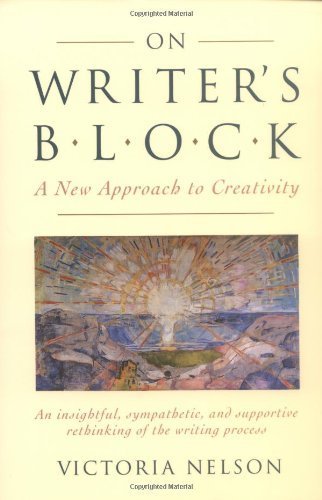What do you think?
Rate this book


Unknown Binding
First published January 1, 1985
(1) the tension between authenticity and ambition
(2) the truly complex nature of the beast; there is not one block but many, their shapes varied and causes many
(3) a block is not a curse but a blessing, a message from the creative self, whence the writing comes